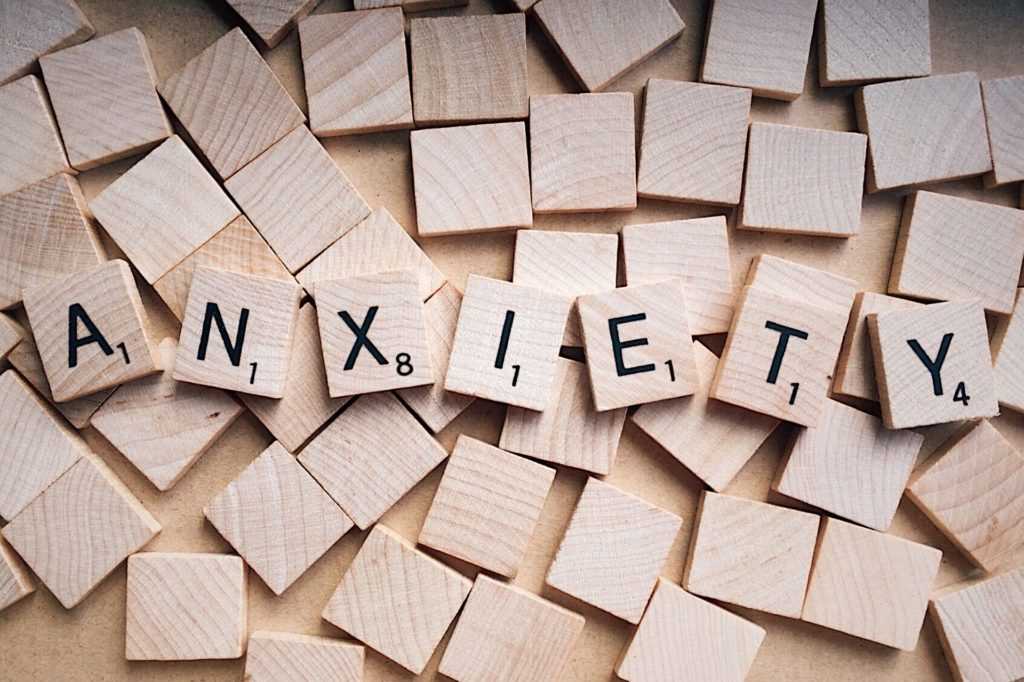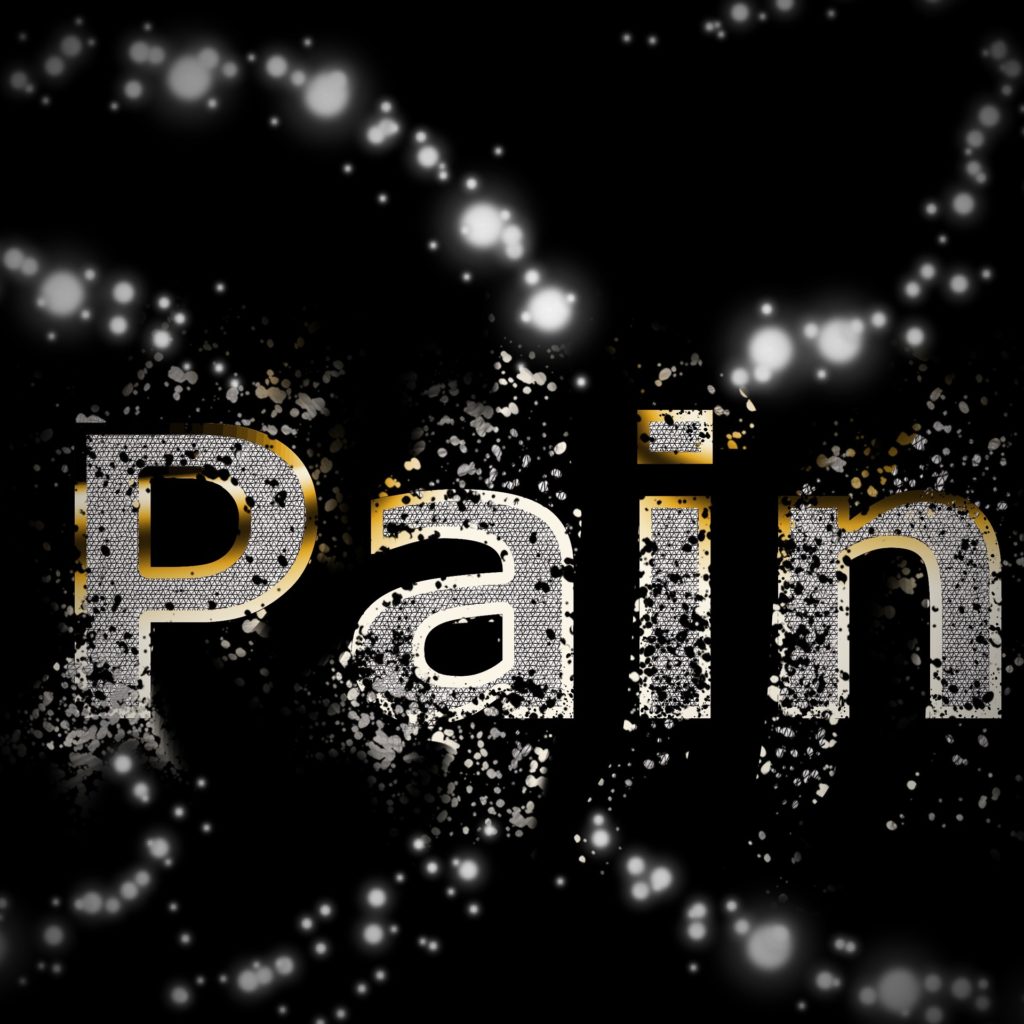
What are the BIG FOUR? The big four areas that are helped by using CBD are Pain, Insomnia, Inflammation, and Anxiety.
PAIN, INSOMNIA, INFLAMMATION, ANXIETY
These four conditions and ailments are what most people use CBD for. I have written extensively in this blog on all four. So, you ask, why write about them again? Well, dear reader, because there are some who have not read the previous posts and find themselves suffering from one or more of these conditions or ailments.
MUSCLE AND JOINT PAIN
Controlling muscle and joint pain is one of the more popular uses of CBD. We see many in Eden Organics that have this complaint. There has been a great deal of research on CBD managing pain. In addition, the anecdotal evidence is overwhelming indicating the efficacy of CBD in managing pain.
INSOMNIA
Many people have trouble sleeping. In fact, more than one would expect. One in four Americans will experience insomnia. CBD is a natural way to help induce sleep and to ensure there will be no ‘hangover’ the next morning. Many people are turning to CBD to help them get a good night’s sleep.
INFLAMMATION
Inflammation goes along with pain management. Diseases like rheumatoid arthritis have a great deal of inflammation associated with them and CBD helps to reduce this inflammation as well as helps to manage the pain that goes along with it.
ANXIETY
Many people suffer from anxiety. 18% of the population suffers from anxiety. This number represents those who have been diagnosed with several different anxiety disorders. It does not represent those who suffer this debilitating disorder without being diagnosed. Even those who may not have anxiety in a clinical sense, still will suffer from it. CBD is a natural way to ameliorate the ways in which anxiety can affect a person’s life.
CONCLUSION
Chances are that you, or someone you know, suffers from one of the big four ailments or conditions. CBD is a natural help without serious side effects that can be used to help reduce the impact these conditions have on our lives.









